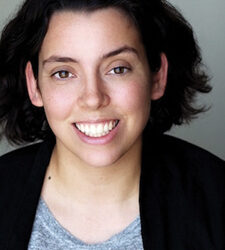
Mairghread Scott
Dragon Age: Absolution
TAG Executive Board member and Writers’ Craft Committee Chair Mairghread Scott got her start more than a decade ago as a Writer’s Assistant on Transformers: Prime, where she wrote her first freelance script. Then came staff and more freelance jobs before her first showrunning gig on Dragon Age: Absolution.
How would you describe your job?
A showrunner’s job is to be the north star of the show’s vision as it moves from department to department and through the different stages of production. We’re also the one who interacts most with studio execs, brand execs, and all the outside influences a show needs to coordinate with. Our main job is to keep everyone on the show (and the show’s clients) pointed toward the same goal no matter what gets thrown our way.
What does your work day look like?
It changes wildly from day to day, but ultimately my day is spent making choices. Which joke gets cut for time? How do we best address this note? The strange thing about being a showrunner is that most of the time you’re giving notes to someone who knows more about their field than you do. But your job isn’t to know everything about every aspect of animation. Your job is just to know the heart of your show so that everything fits together seamlessly.
What are the biggest challenges of your job?
The hardest thing is remembering what the show’s priorities are at all times. Everything you do (from scripts to sound mixing) takes time/money, and at a certain point you’re taking that time/money away from something else. I can name a dozen changes I’d make to any given episode, but I have to prioritize my notes so we get the most important things done first.
What are the best parts of being a showrunner?
The moments when the show becomes better than you ever imagined because it’s not just you imagining it anymore. The other great part is that you get to build the kind of show you always wanted to work on. I remember so many times when I was scared to speak up and how good it felt when people let me. Now I can give that same space and grace to my teammates.
Do you have any advice for aspiring showrunners?
You don’t know what you don’t know, so you better ask. Talk to your department heads early and often. Admit what you don’t know about their process and get really clear on what you should be focusing on at every review step.
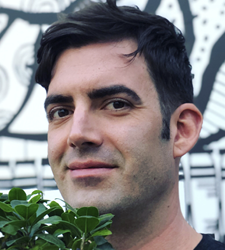
Carl Faruolo
Oddbots
With nearly 20 years in the animation industry, Carl Faruolo started out working in animatics as a Scanner. From there he moved into story and writing, an upward trajectory that led to his role as a first-time Showrunner on Oddbots.
How would you describe your job?
A lot of it is working with others to figure out the cohesive voice, tone, humor, and visual language of your show, and making sure that everyone is on the same page. The job is about both being creative and understanding management/communication.
What does your work day look like?
It changes day to day. Writing, meeting with directors, reviewing animatics, talking with the animators—and all on Zoom!
What are the biggest challenges of your job?
Showrunners often have to be in a million places at once (especially at the beginning when we’re trying to figure everything out), so between writing, storyboarding, design, etc., it felt like I had to be everywhere, and there wasn’t enough time in the day.
What are the best parts of being a showrunner?
My mind likes to bounce around a lot, so being involved with every part of production is great. I also feel like my colleagues and our executives put a lot of trust in me, which has been really rewarding. I enjoyed creating a space where artists and writers could push their work and try new things. I’ve been on some shows where there wasn’t much creative freedom, but I have also been on shows where my supervisors allowed me to push myself out of my comfort zone, allowing me to find my voice. Seeing people grow and try new, weird things was rewarding to everyone involved.
Do you have any advice for aspiring showrunners?
Stick to your instincts and be yourself. You will find others who have complementary sensibilities. It’s important to be able to bring your voice to a project.
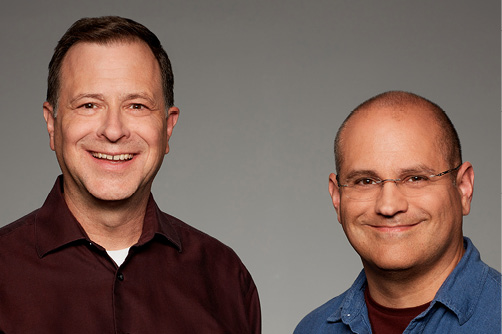
Bill Motz and Bob Roth
The Ghost and Molly McGee
Bill Motz and Bob Roth began their writing career in 1991 on Darkwing Duck and have worked together ever since. With producing credits that include LEGO Star Wars: The Freemaker Adventures and The Ghost and Molly McGee, they have worked on more than 20 animated series and 12 movies. They have an Emmy for writing on Penguins of Madagascar.
How would you describe your job?
Our job is to look at every last detail on the production, while also keeping an eye on the big picture, both artistically and practically. We evaluate everything by asking, “Does this fit creatively within the show we’re trying to make?” Presuming the answer is “yes,” the next question is, “Can we afford it?” It’s a constant balancing act.
What does your work day look like?
One of the best aspects of this job is there is no typical day. Some days we start by recording the actors, then meet with the writers to go over upcoming stories, followed by an art review and animatic screening. The next day might start with a music spot session, followed by retakes and a meeting with our vendor studio. Production is a thrilling whirlwind.
What are the biggest challenges of showrunning as a team?
Like any relationship, early on we had to learn to communicate with each other. But we’ve been working together so long, we now know what the other guy is going to say before he even says it. There’s a deep trust between us that we’ve earned over the years.
What are the best parts of showrunning as a team?
We balance each other nicely. When one of us is convinced we’ve messed everything up, the other guy is usually seeing the silver linings and solid, practical solutions. It’s so helpful to have that constant second opinion to keep you from catastrophizing. [In addition], creatively, we feed on each other’s ideas, melding them until we can’t remember who contributed what. When a project starts to boil, brainstorming together is a ton of fun.
Do you have any advice for aspiring showrunners?
It’s important to have a vision, but also remember TV animation is a collaborative artform, so be open to your team’s ideas and inspirations. Invite and encourage them to contribute their own flourishes and expertise, and your show [will wind] up being more amazing than you ever could have imagined on your own.


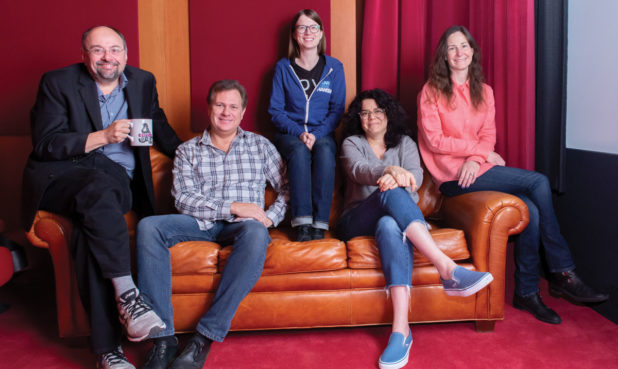

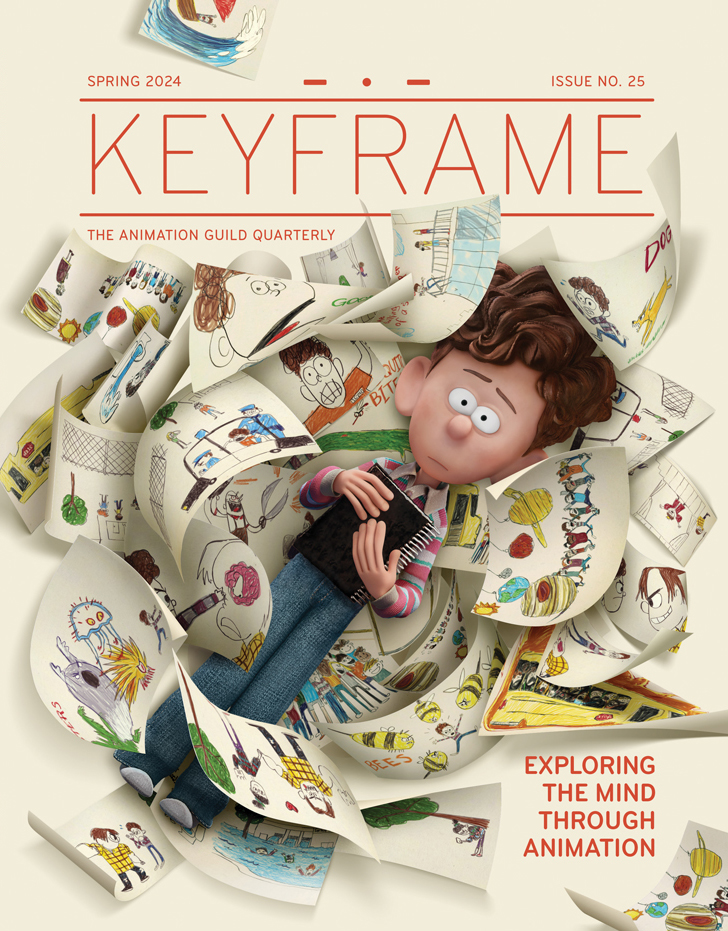
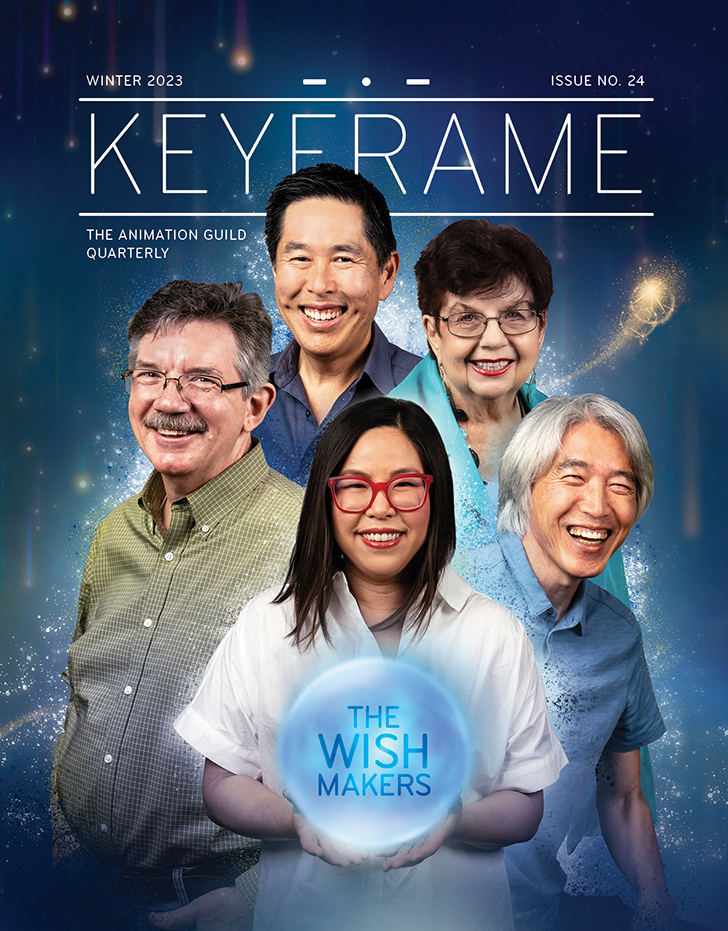
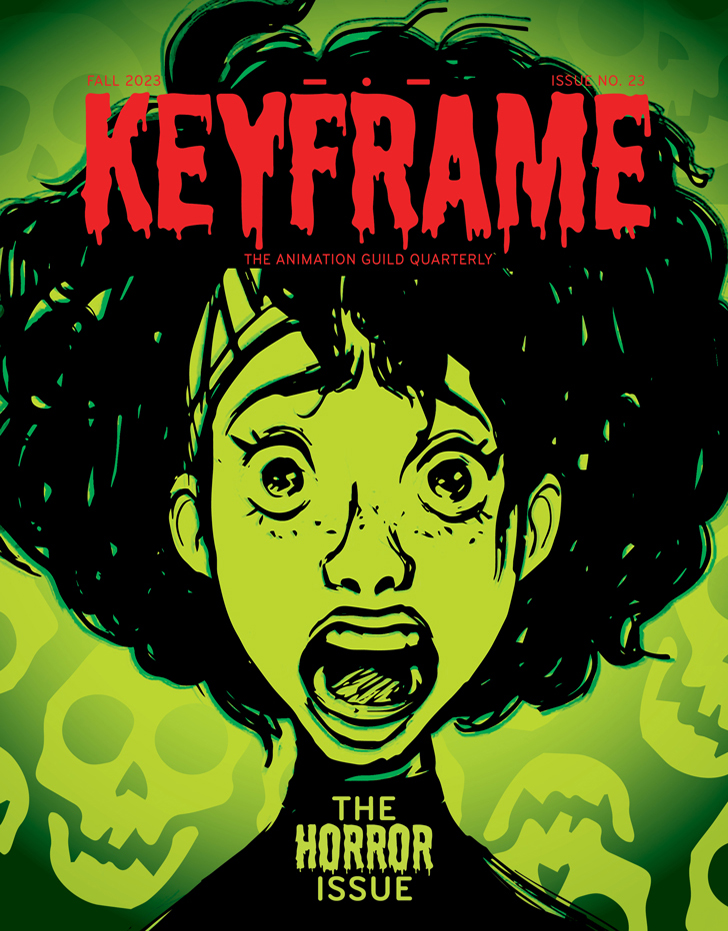
.png)